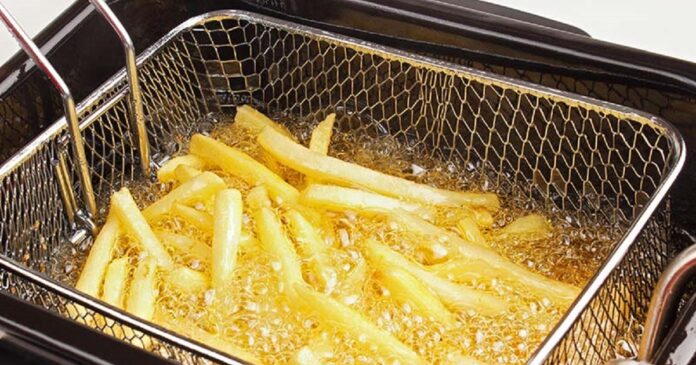Oils are a delicate ingredient in our diets and we need to be very circumspect about how and why we use them. When it comes to using cooking oils, you do have to choose between cooking for taste or cooking for health.
These tips will help you decide and avoid danger.
Dangers of Cooking Oils
-
When it comes to calories all cooking oils are equal
All cooking oils are classified as nutritionally as fats. They are more calorie-dense than carbohydrates and protein. Your choice could depend on the taste because even oils that a known to be healthier are still fats. Know the amount of fat you want to consume and use wisely
-
Cooking oils do not have the same effect when it comes to health
For specific health benefits, you may like to choose specific types of cooking oils. Extra-virgin oil is good for heart health. It has the lowest oxidation rate of cooking oils. So, it does not promote free radicals, chemicals that are highly reactive and have the potential to damage cells, including damage that may lead to cancer. Extra virgin olive oil has an amazing skin- and body-protecting polyphenol called hydroxytyrosol.
Olive oil is also good in helping to lower your LDL (bad cholesterol) and raise your good HDL levels. Olive oil also contains beta carotene, and vitamins A, E, D and K and many more healthful nutrients.
-
Consider your diet as a whole and not just focus on a single nutrient such as oil
Aim for a nutritionally balanced diet that includes a small amount of healthy fat.
-
Sauté or fry?
Sauteing is cooking small pieces of food in small amounts of fat for a shorter period of time. Use little oil as possible, no matter the type of cooking oil. In planning your meals, you can also choose foods that do not require frying and instead can be baked or grilled.
Pan-frying is a cooking technique that uses a larger amount of oil at high heat for a longer period of time. Unfortunately, frying foods in oil promotes free radicals.
-
Use fresh cooking oils
Cooking oils that are old harbour free radicals. When you keep oils in your kitchen for longer periods the oils oxidize over time and develop free radicals. You can rather buy them in small amounts and keep in a cold and dry place.
-
Spray oil is not always what it seems
Many spray oils claim to have zero trans-fat. They can say so because manufacturers can round down the trans-fat to zero if a serving size is less than a half of a gram. Many manufacturers too can list a serving size of spray oil as a quarter-second spray.
Why mess around with sprays when you can get the same result by simply dipping a towel in oil and wiping the bottom of your pan.
-
Be SMART about using oil
Use oil to extract, extend and infuse flavours. Instead of using a few tablespoons of olive oil merely to moisturize a piece of bread for one person, you can use the same amount in a flavourful dish that several people can share.
Reference
7 Things You Should Know About Cooking With Oil – health.clevelandclinic.org


